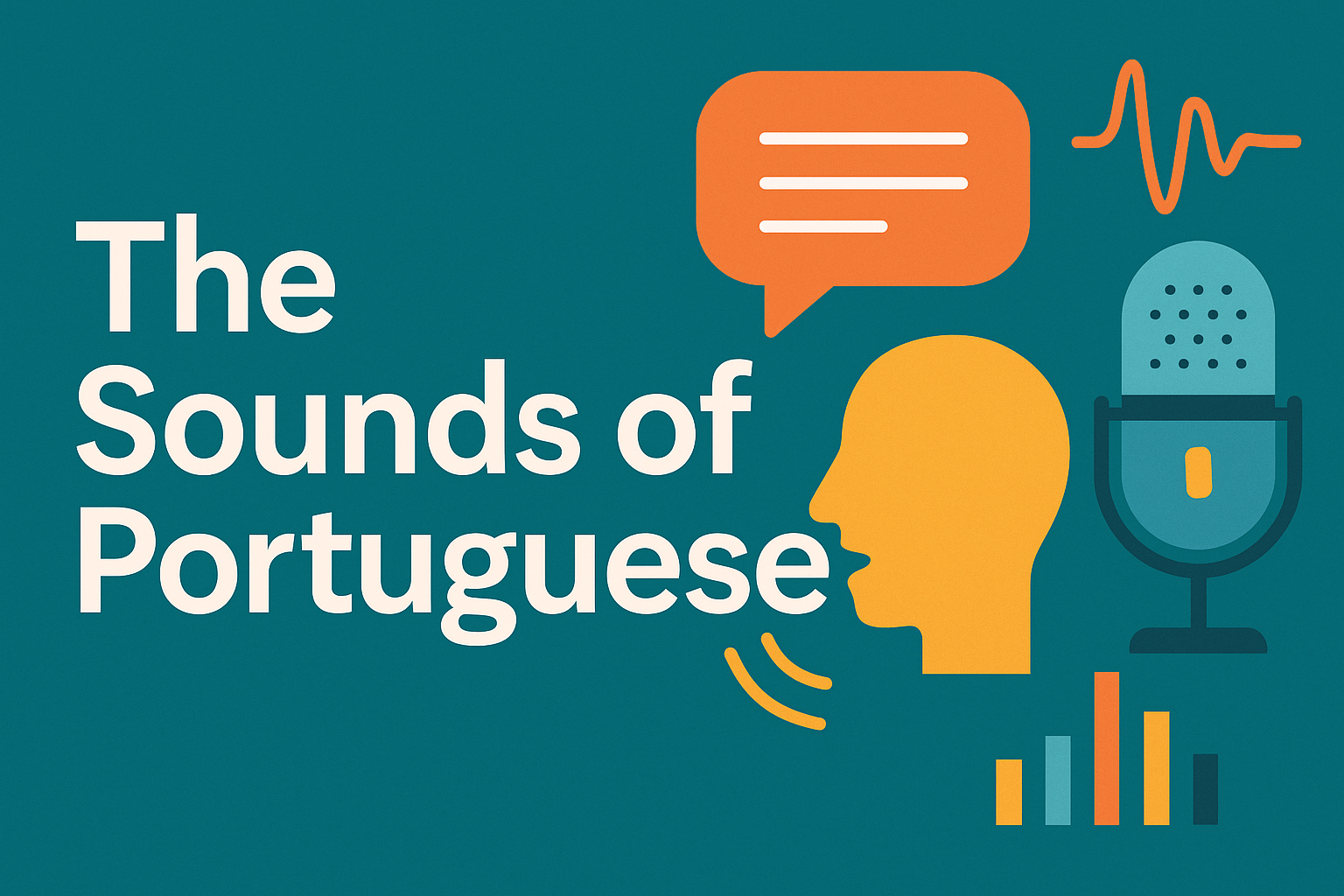
Pronunciation
The Sounds of Portuguese: A Guide to Pronunciation Resources
One of the biggest challenges when learning European Portuguese is the pronunciation. Many beginners are surprised by how different it sounds from Brazilian Portuguese—and even from how it looks on the page!
Luckily, there are great resources to help you tune your ear and train your mouth.
🎧 Why Pronunciation Is Especially Tricky in European Portuguese
- Unstressed vowels are often dropped or swallowed, making speech sound fast and compressed.
- Some letters sound very different from what English speakers expect.
For example:- “e” can sound like uh or disappear entirely.
- “r” has several variations depending on placement.
- “x” can be pronounced four different ways!
🎯 What You Need in a Pronunciation Resource
Look for tools that include:
- Native European Portuguese speakers
- Slow and natural-speed recordings
- Audio + visual support (e.g., phonetic breakdowns, waveforms)
- Shadowing opportunities (you repeat what you hear in real time)
🔧 Recommended Tools & Resources
1. PracticePortuguese.com
A goldmine for audio. Their Learning Studio has short dialogues, pronunciation lessons, and even a Smart Review tool.
2. Portuguese With Carla Podcast
Native speakers with clear pronunciation. Great for beginners and intermediate learners alike.
3. Forvo
Hear native speakers pronounce individual words, sorted by accent. Just search any Portuguese word.
4. YouTube Channels
- Portuguese Lab
- Mia Esmeriz Academy Both offer pronunciation-specific videos and visual aids.
5. IPA for Portuguese
It’s not for everyone, but learning the International Phonetic Alphabet can help you decode new sounds and compare them to English or other languages.
🗣️ Bonus Tips
- Record yourself and compare to native speakers.
- Use apps with speech recognition to check accuracy.
- Don’t worry about sounding perfect—just aim to be understood and build confidence.
Final Thought
Getting used to the sounds of European Portuguese takes time—but with the right tools and consistent listening, it becomes second nature.
Don’t skip this step. Mastering pronunciation early makes everything else easier.
Ready to train your ear?